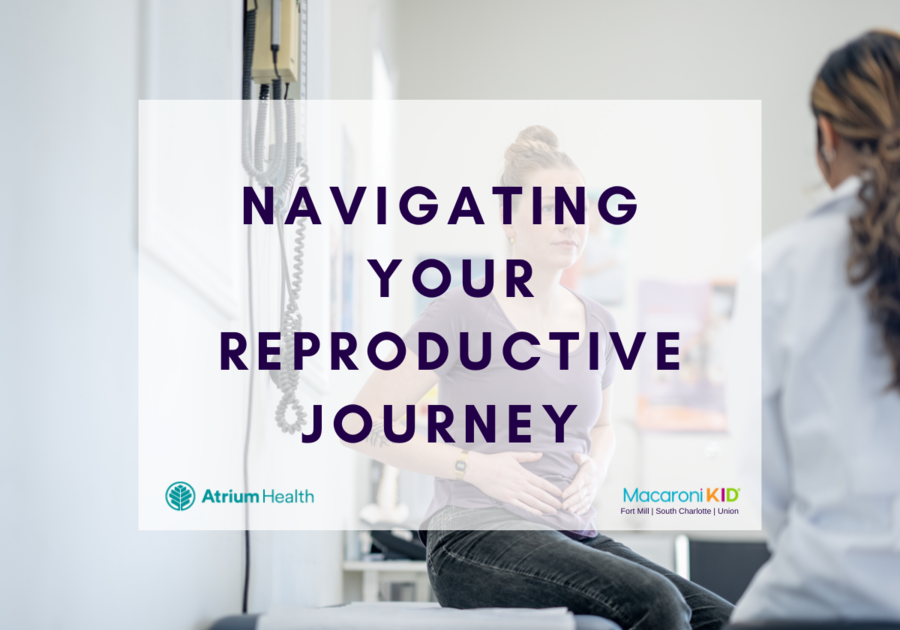A women’s first menstrual cycle marks the beginning of a lifelong journey with their reproductive health. This can include preventive cancer screenings, STI testing and treatments, contraception, and pregnancy.
The first gynecological visit is key to understanding reproductive health and establishing a foundation for routine care. It introduces important procedures like the pelvic exam and Pap smear, which screen for abnormalities and cervical cancer. This visit also offers a chance to discuss safe sex practices, contraception, and STI prevention. Regular gynecological check-ups help provide a safe space to address concerns about menstrual cycles, fertility, and sexual health and gives patients the knowledge and care needed for lifelong health
“Obstetrics and gynecologists help women with their reproductive health, usually first meeting with them concerning their menstrual cycle, an annual Pap test, HPV vaccine, or often relating to options of either getting pregnant or avoiding pregnancy,” says Dr. Natalia Klett, an OB-GYN with Atrium Health Women’s Care. “If you think about it, that’s 30-40 years of health decisions that impact a woman’s body, emotional and mental wellbeing, along with others in their family.”
But pregnancy may not be on everyone’s journey. In fact, 15% of women end up not having any biological children. Whether choosing temporary or permanent contraceptive solutions, pregnancy or pregnancy prevention is a common decision that is faced throughout many women’s reproductive lives.
Dr. Klett says there are many reasons people choose to have or not have children. Only a small number of individuals are completely unable to conceive. It is important to understand both ways to improve fertility and options for prevention when making health decisions.
Short-term contraceptive methods include:
- Abstinence
- Birth control shots
- Condoms (male and female)
- Vaginal rings
- Oral medications
- Contraceptive patches
Long-term contraceptive methods include:
- Birth control
- Intrauterine devices (IUDs) or birth control implants.
- Many of the above short-term options can be used in the long-term.
- Reproductive Surgery
- Salpingectomy (Female): This is the surgical removal of one or both of the fallopian tubes, which are what allow an egg to travel from the ovaries to the uterus.
- Vasectomy (Male): This is an office procedure with a urologist who cuts or seals the tubes between the sperm and semen. A vasectomy is done with local anesthetic, and sometimes a topical anesthetic cream.
“Helping women through all phases of their life journey, whether overall wellness or reproduction goals, is incredibly rewarding and I feel very privileged to support them.”
To find an Atrium Health Women’s Care provider and schedule an appointment, visit online or call 704-468-8884.



